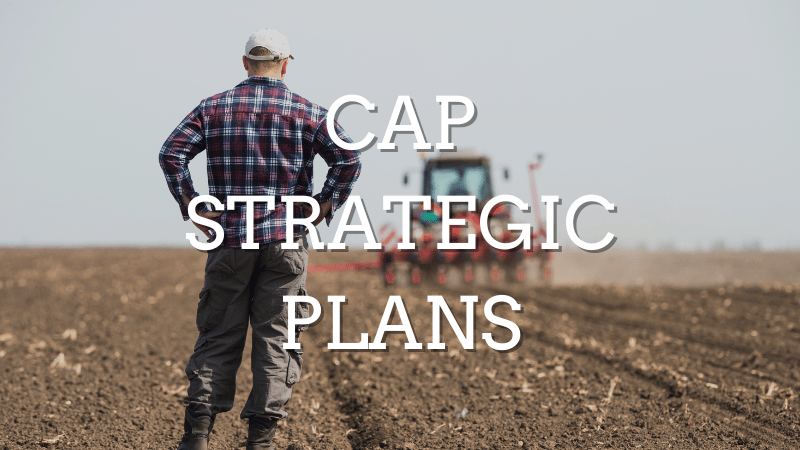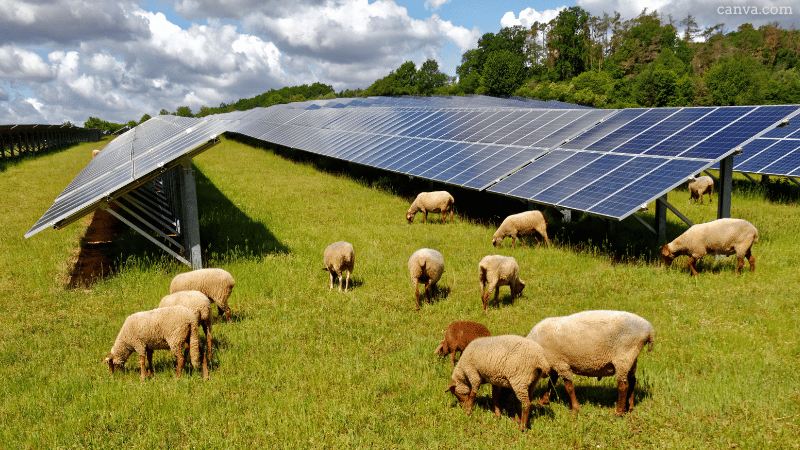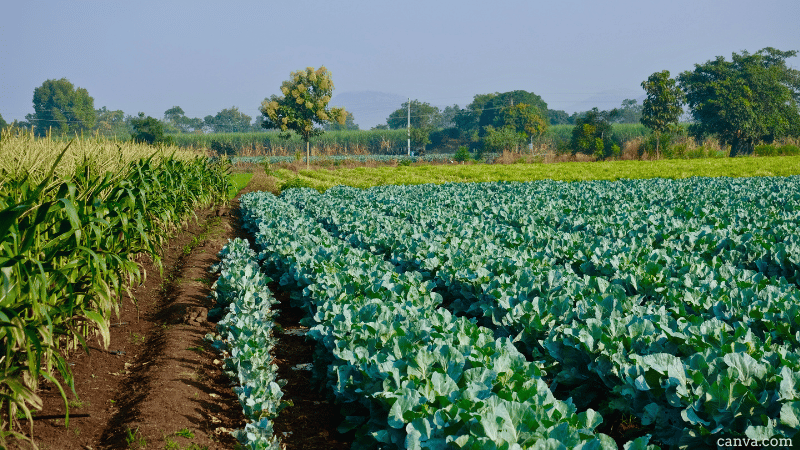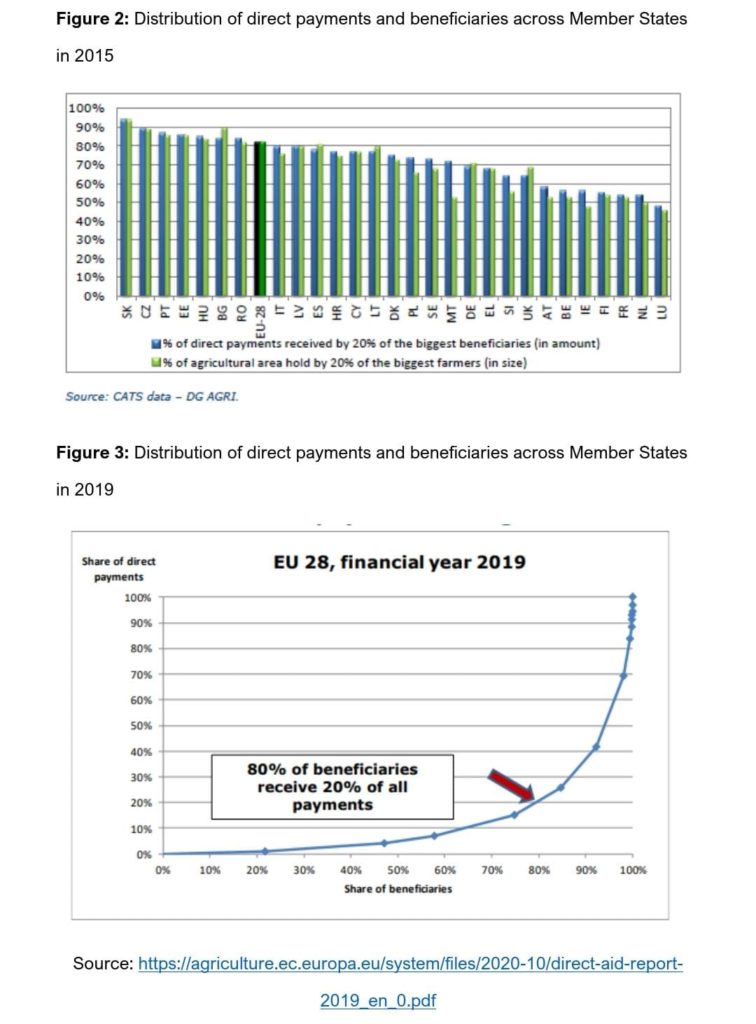
Now that the CAP Strategic Plans are approved and running, is the CAP really fairer? Read our report «“A Fairer CAP”, Really?».
With the participation of:
- Matteo Metta (ARC2020)
- Mathieu Willard (ARC2020)
- Oliver Moore (ARC2020)
- Juliette Sainclair (Collectif Nourrir)
- Henrik Maaß (Arbeitsgemeinschaft Bäuerliche Landwirtschaft)
- Fintan Kelly (Irish Environmental Network)
Executive Summary
The CAP reform post-2022 promised a fairer CAP for small-medium scale farmers. Now that the CAP Strategic Plans are approved and running, is the CAP really fairer and should fairness be neglected in the upcoming debate on the future of CAP?
Reading the communications of the Commission DG AGRI, one could think that the issues of unfairness are now sorted out. Our analysis over a small sample of CAP Strategic Plans, namely France, Germany, and Ireland, reveals two interconnected problems that need to be addressed at policy and political level.
On one hand, the CAP Strategic Plans 2023-2027 have not systematically and coherently addressed all the elements of unfairness and, overall, just made small adjustments to avoid the required meaningful shift from the previous direct payment arrangements. On the other hand, DG AGRI’s analyses and communications, while useful to provide a synthesis across countries, fail to account for the trade-offs, loopholes, and nuances of each Member States’ decisions compared to their baselines situations and needs. In some cases, these communications and analyses are full of incomplete information and red herrings, for instance the performance indicator R6.
Tackling unfairness in CAP remains as important as ever, especially in the ongoing debate on food security. This analysis warns that a fairer CAP is still an unfinished business and requires urgent corrections or deep rethinking beyond the basic income support. Otherwise, the bias towards a specialised and concentrated agri-food sector will be continue.
Download the full report here

Foreword
Even if the CAP Strategic Plans have been approved no so long ago and the CAP post-2027 seems far away, the debate on the future of CAP is bustling again. In a speech about global food security addressed to the European Parliament in June 2023, the Commissioner Mr Janusz Wojciechowski announced the presentation of an holistic strategic plan by the end of 2023 to ensure food security for the EU and this plan will contain elements of the Common Agricultural Policy after 2027.
From the initial instrumentalisation of EU agrifood policies due to geopolitics and war affairs, very likely, we expect the next CAP debate to be framed around some of the following:
- New forms of neoliberal interventions weakening public rules, including strategic food stocks and market support with poor socio-environmental strings attached;
- Further deregulation of state aid;
- Higher public budgets available for private agricultural insurance schemes;
- Agri-chemical exceptions from competitions laws; and,
- Public money to large-scale corporations disguised as producer organisations in sectorial interventions.
This report explains why repositioning the CAP debate around the issues of fairness, or lack thereof, is so important now in the early stages of a new policy cycle and presents a first attempt to define the concept of fairwashing in CAP. Though fairness in CAP can be seen from multiple perspectives and touches upon many rules, this analysis regards specifically the distribution of direct payments across beneficiaries.
Fairwashing helps to unveil how apparently positive policy claims are poor in substance and hyped-up by strong communication efforts to defend and strengthen business-as-usual scenarios. We analysed the policy decisions made in three selected CAP Strategic Plans (Ireland, France, and Germany), as well as communication tricks used in the discourses and reports published by DG AGRI on this matter.

So, what did our research find? We found that while these three plans contain some positive elements and have made some steps forward, France, Germany and Ireland also stayed static on many relevant matters, created caveats and loopholes to water down the timing and scale of the changes that were approved, or made the bare minimum steps allowable compared to societal expectations and own pledges for a fairer CAP.
This mixed situation can be seen in other countries too. For instance, in Italy, we noted that several improvements were introduced (e.g., setting up of a maximum unit amounts, eligibility criteria for targeting redistributive payments), but some of them were still very weak (e.g., a max unit amount set at 2 000 EUR /ha is still a very high threshold compared to average). Italy also removed the capping of large beneficiaries above EUR 500 000/year for the sake of “simplifying the CAP”. This and generally any backsliding steps compared to the previous CAP are not highlighted in any press or statements from the Commission. The Italian decision to avoid capping large beneficiaries in the name of protecting “labour intensive” large-scale companies is an argument reiterated also by other Member States without substantial evidence neither in the plans, nor in their ex-ante evaluations. Denmark is another example. As reported in this analysis, Denmark received a derogation from the Commission to disregard the mandatory capping or redistribution without proving solid evidence and on the basis of questionable arguments.
DG AGRI has published a number of descriptive reports after the approval of the CAP plans, but, importantly, none of them critically compare the individual situations in each Member States before and after the reform and how the new plans effectively alter public money distribution. None of the DG AGRI’s overview studies are able to ex-ante estimate the renewed distribution of Pillar I budget across different farm sizes, both in absolute and relative terms. None of them critically assess the independence, methods, rigor, and conclusions of the ex-ante evaluations of the CAP plans carried out by the Member States or pays sufficient attention to the trade-offs between the policy choices made.
On the contrary, the conclusions emerging from DG AGRI early analyses and messages, while useful to provide an overview and synthesis across Europe, in reality are uncritical and fail to quantify the new distribution of all direct payments and other CAP interventions across farm sizes, not to mention gender, age, or territories. Instead of recognising these limitations, these analyses can led to partial statements from DG AGRI in various legislative settings (e.g., European Parliament or Council) and strategically hijack the trajectories of the upcoming CAP debate away from these issues.

For instance, DG AGRI early and more recent analyses of the plans include EU-wide sensational figures about redistributive payments without contextualising them (e.g., initial situation and needs in the Member States) or explaining their caveats (e.g., lack of effective eligibility criteria to exclude very large farm from CRISS), not to mention the lack of evidence on the total sum of all redistribution efforts towards small-medium farmers (negative and positive) in each Member States, including the rate of adoption of eco-schemes and other per-hectare payments. Indeed, the adoption rate of voluntary eco-schemes across different farm sizes can ultimately affect the balance sheets and needs to be checked after the first years of implementation to express stronger conclusions about a fairer CAP. Instead, isolated budget figures, cross-country descriptive statistics, and single performance indicators (i.e., R6) are used to distract attention from the core unfairness of direct payments, which systematically continue to benefit the largest farmers as the number of hectares determine the amount of money a beneficiary receives, and not only the arithmetic average level of payments per hectare across different farm sizes (as measured by R6).

This report comes at crucial time for the CAP debate anticipating the EU elections in 2024 and a possible mid-term CAP reform taking place in parallel with the CAP Strategic Plans’ performance reviews in 2025. Especially because the speculations about food security and market instability are raising and can strongly deviate the political attention from these issues, this analysis suggests the Commissions should keep unfairness in CAP at the center of the political agenda. This means expanding the definition of fairness to look beyond basic income support for sustainability (representing 31% of the total CAP expenditure) to include all direct payments and other CAP interventions and rules. Other commitments for the Commission can entail working on better databases accessible for independent analyses, consider the global south perspective of EU subsidies, building capacity in the Member States to carry out more rigorous and comprehensive assessments for the performance reviews, raising critical issues of unfairness in EU political arenas and Member States’ revisions of the plans, or complementing the common performance indicator R6 with more input/output indicators.
ARC2020 wants to thank civil society organisations representing a plurality of agricultural, food, rural and environmental voices in Ireland, Germany, and France for supporting the analyses of this report. Without the participation of committed experts, critical analyses like this would not have been possible.
Download this article as a PDF
 This article is produced in cooperation with the
This article is produced in cooperation with the
Heinrich Böll Stiftung European Union.
More on CAP Strategic Plans
CAP Environmental Derogations: What is the Impact on Food Security?
CAP post-2027: An Integrated Rural and Agricultural Policy – Part 2
CAP post-2027: An Integrated Rural and Agricultural Policy – Part 1
Can the CAP Strategic Plans Help in Reaching our Pesticide Reduction Goals?
Wallonia’s Observation Letter: A plan that fails to address climate and biodiversity crises
CAP Strategic Plans and Food Security: Fallow Lands, Feeds, and Transitioning the Livestock Industry
A Just and Green CAP and Trade Policy in and Beyond the EU – Part 2
A Just and Green CAP and Trade Policy in and Beyond the EU: Part 1
Bulgaria’s CAP Strategic Plan: Backsliding on Nature and Biodiversity
Changes “required” to Ireland’s CAP Strategic Plan – European Commission
French CAP Plan: What Opportunities for Change During the New 2022-27 Presidential Term?
CAP, Fairness and the Merits of a Unique Beneficiary Code – Matteo Metta on Ireland’s Draft Plan
ARC Launches New Report on CAP as Member States Submit Strategic Plans
Slashing Space for Nature? Ireland Backsliding on CAP basics
Quality Schemes – Who Benefits? Central America, Coffee and the EU
Civil Society Organisations Demand Open and Ambitious Approval of CAP Plans
CAP Strategic Plans: Germany Taking Steps in the Right Direction?
CAP Strategic Plans: Support to High-Nature-Value Farming in Bulgaria
Commission’s Recommendations to CAP Strategic Plans: Glitters or Gold?
German Environment Ministry Proposals For CAP Green Architecture
CAP Performance Monitoring and Evaluation Framework – EP Position
A Rural Proofed CAP post 2020? – Analysis of the European Parliament’s Position
CAP Beyond the EU: The Case of Honduran Banana Supply Chains
CAP | Parliament’s Political Groups Make Moves as Committee System Breaks Down
CAP & the Global South: National Strategic Plans – a Step Backwards?
CAP Strategic Plans on Climate, Environment – Ever Decreasing Circles
European Green Deal | Revving Up For CAP Reform, Or More Hot Air?
Climate and environmentally ambitious CAP Strategic Plans: Based on what exactly?
How Transparent and Inclusive is the Design Process of the National CAP Strategic Plans?





